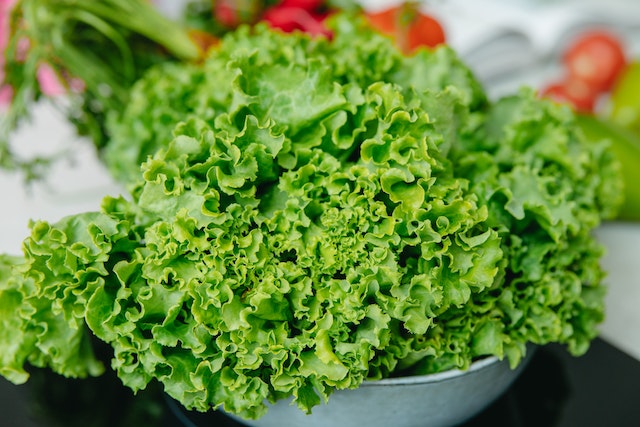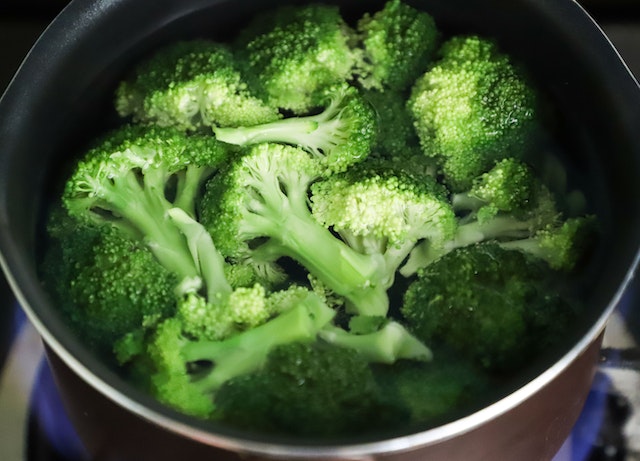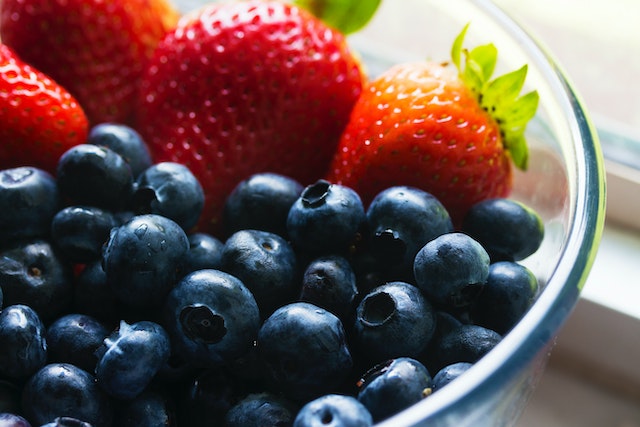Our brain is the powerhouse of our body. It needs its nutrition to stay healthy and to work at full capacity.
Every day, we go about our lives without giving much thought to how much energy it takes just to think, let alone to keep our organs running.
In reality, your brain needs a lot of energy to do its job well. Studies show that about 20% of the calories we burn every day come from the brain. But that doesn’t mean that any fuel will do. Some foods are much better than others for helping your brain do its best work, like staying focused and keeping a good memory.
Here are the 11 best foods for brain health if you want to keep your mind in good shape.
Whole Grains
Whole grains like whole wheat, oatmeal, barley, and brown rice are important parts of a healthy diet and have been shown to help keep the heart healthy. Not as many people know that many whole grains are high in vitamin E, which is an important antioxidant that helps get rid of free radicals and prevents damage to the nervous system.

According to research, eating whole grain foods as part of an overall healthy diet may help your brain work better. Whole grain foods are full of important B vitamins and antioxidants that help reduce inflammation, which can lead to disease.
Magnesium and selenium can be found in whole grains. Magnesium is a mineral that helps build bones and make muscles work. Selenium keeps cells from oxidizing and is also important for a healthy immune system.
People who eat a healthy diet with whole grains are less likely to get some long-term diseases. People who eat whole grains are less likely to have high blood pressure, heart disease, obesity, high cholesterol, and type 2 diabetes. This may indirectly help the brain work well.
Make sure you include whole grains in your diet on a regular basis.
Green Leafy Veggies
Green leafy greens are really good for you, especially your brain. I personally love them.

Green leafy vegetables may help slow the decline in cognitive abilities that comes with getting older. This may be because lutein, folate, -carotene, and phylloquinone protect nerve cells.
Adding a serving of green leafy vegetables to your diet every day may be a simple way to help your brain stay healthy. Try your best to have at least one cup a day of these.
Cruciferous Vegetables
Broccoli and other leafy greens aren’t the only green vegetables that are good for your brain. It’s also important to eat other cruciferous vegetables.

There are a lot of glucosinolates in these vegetables. These are converted to isothiocyanates in the body. A type of isothiocyanate called sulforaphane (SFN) comes from broccoli and other cruciferous vegetables.
Cabbage has a very high content of glucosinolates – around 109 mg per 100 grams of raw vegetable. Brussel sprouts have nearly 247 mg per 100 grams.
Interestingly, studies have shown that sulforaphane can lower your chances of developing a stroke. It also has protective effects in Parkinson’s disease and may help improve functioning in autism.
Here is a simple recipe for a hearty brocolli soup.
Oily Fish – Salmon and Tuna
Fat in fish is a good thing. Omega-3 fatty acids are found in a lot of fish, especially salmon and tuna. These are good for many parts of your body, including the brain.
Omega 3 fatty acids are required for brain development in a fetus. Mothers are often given supplements to ensure they get sufficient quantities of this, particularly if they are vegetarian.
Joseph Hibbeln of the National Institutes of Health found that depression is less common in places where people eat more fish and seafood.
In addition to this, these good fats have been linked to lower blood levels of beta-amyloid; a harmful protein that often causes Alzheimer’s disease by clumping up in the brain.
Berries
Berries are a great food for the brain because they are full of flavonoids. Berry colors come from natural pigments. These pigments also help the brain work better, especially when it comes to memory.

Researchers at Harvard’s Brigham and Women’s Hospital found that women who ate two or more servings of strawberries and blueberries each week slowed the loss of their memories by up to two and a half years.
Dark Chocolate
There is a lot of evidence that cocoa flavonoids can improve cognitive function quickly in humans, possibly by increasing blood flow to the brain.
Flavonoids are a group of phytochemicals that are found in dark chocolate. Flavonoids are also found in many fruits and vegetables. Flavonoids and foods high in flavonoids have been linked to many health benefits, and reviews of the scientific literature show that cocoa flavonoids are linked to benefits for heart health and brain function.
A small snack of dark chocolate around 35 grams, a few times a week may help the brain work better. Make sure it’s at least 70% dark to get the most health benefits and cut down on sugar calories.
Seeds
Even though they are small, seeds are just as healthy as many nuts and make a great snack. I have already talked about how vitamin E is good for the brain and how sunflower seeds are especially high in it.

Pumpkin seeds are a great source of zinc, phosphorous, magnesium, potassium, and selenium, which make them a nutritional powerhouse and a weapon in the fight against diseases like arthritis, inflammation, prostate cancer, etc.
Nuts
People praise nuts as a good way to get protein and healthy fats. But they are also good for your brain. Each nut has its own health benefits, and eating pistachios, macadamias, and almonds will help your brain stay healthy.
But walnuts are the best way to improve your brain power. They are full of antioxidants and omega-3 fatty acids, both of which are important for keeping your brain healthy.
I have discussed the health effects of eating walnuts at length here.
Eggs
This breakfast staple isn’t just a good way to get protein in the morning. Eggs also have a lot of the important B vitamins B6, B12, and B9 (folic acid).

Eggs are also a good source of choline, lutein, and tryptophan, which have been shown to improve brain function.
Studies show that egg consumption may help older people keep their mind sharp by slowing the decline of memory.
Most adults should eat one egg a day, which is the daily recommended amount. Depending on your overall health and cholesterol level, your doctor may tell you to take more or less.
Tomatoes
Because they have a lot of lycopene, tomatoes are one of the best foods for brain health.
It has been shown that this powerful carotenoid can help protect against Alzheimer’s and Parkinson’s diseases. A 100 gm serving of tomato has 14.9 mg of lycopene in it. Tomato sauces, pastes, and ketchup have even more.
That being said, I advise against eating ketchup as it is an unhealthy way to get your tomato fix!
Turmeric
Turmeric has been considered a health food for over a 100 years in Indian culture.
But when you think of good brain foods, your spice rack probably isn’t the first place that comes to mind. But turmeric, which is a big part of curry powder, isn’t something you should skip if you want to keep your brain healthy.
Curcumin , found in turmeric, has a number of effects, such as reducing beta-amyloid plaques, slowing the breakdown of neurons, chelating metals, reducing inflammation, acting as an antioxidant, and reducing the formation of microglia. All of these effects have helped improve the memory of people with Alzheimer’s disease.
Because turmeric is a spice, you probably won’t be able to get as much of it as you need just by cooking with it. Talk to your doctor about whether you should take a curcumin supplement.
Closing Remarks
As you can see, just changing your diet to include these amazing brain foods can boost your memory power. Make sure you include these in your diet when you can.
- Understanding Iron Deficiency Anemia: A Guide for Patients - May 31, 2025
- CT Coronary Calcium Score: A Guide for Patients - January 7, 2024
- Gastric Antral Vascular Ectasia (GAVE) – Causes, Diagnosis, and Treatment - August 5, 2023

